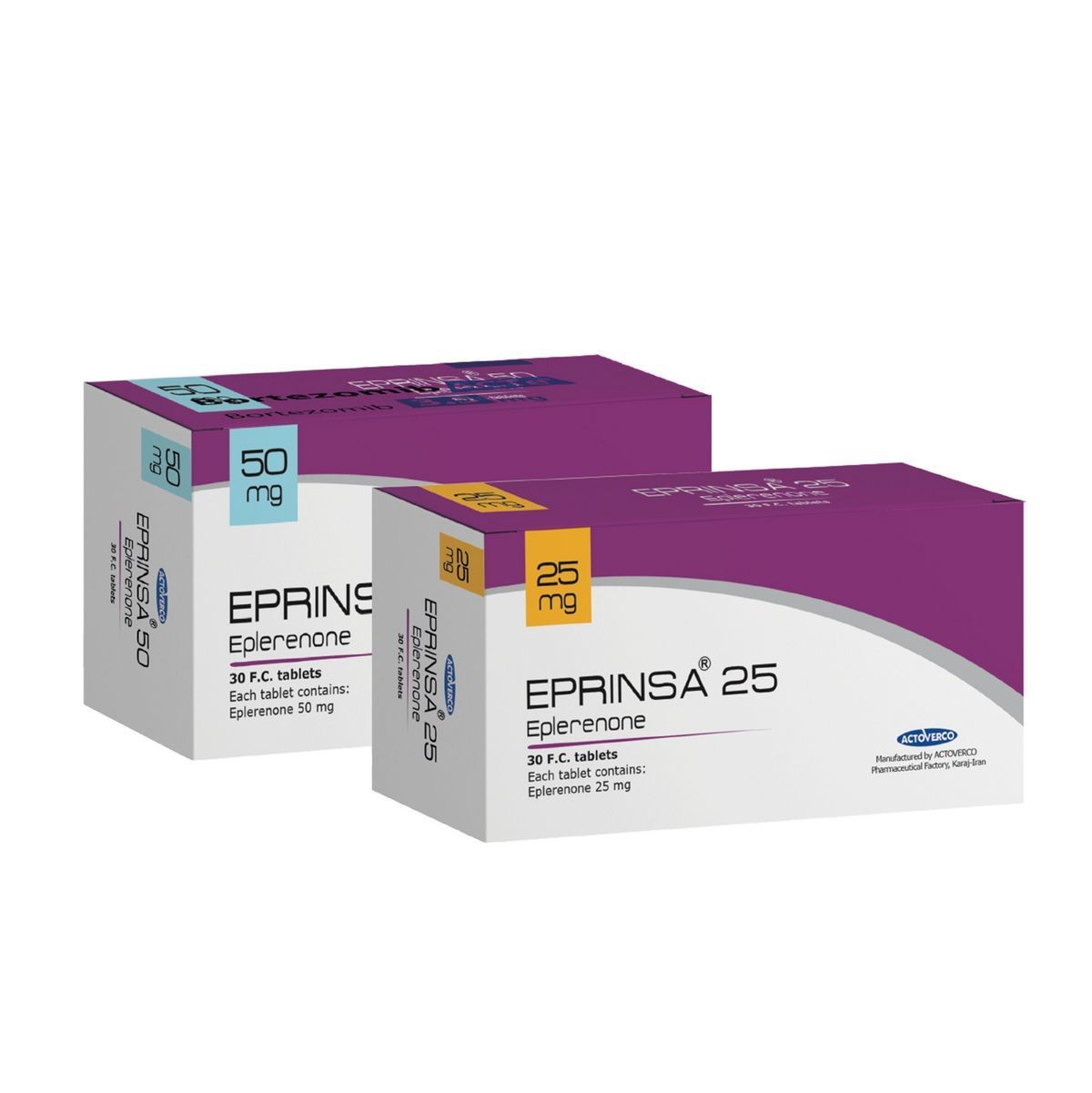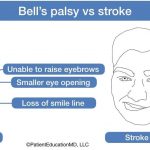
Contents
eplerenone – oral, Inspra
Medication Uses How To Use Side Effects Precautions Drug Interactions Overdose Notes Missed Dose Storage USES: This medication is used alone or in combination with other medicines to treat high blood pressure. It works by blocking a chemical (aldosterone) in your body which in turn lowers the amount of sodium and water the body retains. Lowering high blood pressure helps prevent strokes, heart attacks and kidney problems. It is also used to treat congestive heart failure following a heart attack. HOW TO USE: Take this medication by mouth, usually once or twice daily, with or without food, or as directed by your doctor. Use this medication regularly in order to get the most benefit from it. Remember to use it at the same time each day.Dosage is based on your medical condition (high blood pressure, congestive heart failure), laboratory test results, and response to therapy. It may take up to 4 weeks for this medication to fully affect your blood pressure.It is important to continue taking this medication even if you feel well. Most people with high blood pressure do not feel sick. SIDE EFFECTS: See also How to Use section.Headache, dizziness, diarrhea, stomach pain, nausea, cough or flu-like symptoms (fever, chills, unusual tiredness) may occur. If any of these effects persist or worsen, tell your doctor or pharmacist promptly.Remember that your doctor has prescribed this medication because he or she has judged that the benefit to you is greater than the risk of side effects. Many people using this medication do not have serious side effects.Tell your doctor immediately if any of these rare but serious side effects occur: abnormal vaginal bleeding, enlarged or sore breasts in males, symptoms of a high potassium blood level (muscle weakness, slow/irregular heartbeat).A very serious allergic reaction to this drug is rare. However, seek immediate medical attention if you notice any symptoms of a serious allergic reaction, including: rash, itching/swelling (especially of the face/tongue/throat), severe dizziness, trouble breathing.This is not a complete list of possible side effects. If you notice other effects not listed above, contact your doctor or pharmacist.In the US -Call your doctor for medical advice about side effects. You may report side effects to FDA at 1-800-FDA-1088.In Canada – Call your doctor for medical advice about side effects. You may report side effects to Health Canada at 1-866-234-2345. PRECAUTIONS: Before taking eplerenone, tell your doctor or pharmacist if you are allergic to it; or if you have any other allergies. This product may contain inactive ingredients, which can cause allergic reactions or other problems. Talk to your pharmacist for more details.Before using this medication, tell your doctor or pharmacist your medical history, especially of: high potassium blood levels (hyperkalemia), severe kidney disease, diabetes.This medication may increase your potassium levels. Before using potassium supplements or salt substitutes that contain potassium, consult your doctor or pharmacist.This drug may make you dizzy. Do not drive, use machinery, or do any activity that requires alertness until you are sure you can perform such activities safely. Limit alcoholic beverages.Before having surgery, tell your doctor or dentist about all the products you use (including prescription drugs, nonprescription drugs, and herbal products).Older adults may be more sensitive to the effects of this drug, especially the raising of potassium blood levels.During pregnancy, this medication should be used only when clearly needed. Discuss the risks and benefits with your doctor.It is unknown if this drug passes into breast milk. Consult your doctor before breastfeeding.
DRUG INTERACTIONS: See also Precautions section.The effects of some drugs can change if you take other drugs or herbal products at the same time. This can increase your risk for serious side effects or may cause your medications not to work correctly. These drug interactions are possible, but do not always occur. Your doctor or pharmacist can often prevent or manage interactions by changing how you use your medications or by close monitoring.To help your doctor or pharmacist give you the best care, be sure to tell your doctor or pharmacist about all the products you use (including prescription drugs, nonprescription drugs, and herbal products) before starting treatment with this product. While using this product, do not start, stop, or change the dosage of any other medicines you are using without your doctor’s approval.Some of the products that may interact with this drug include: drugs that may increase the level of potassium in the blood (such as birth control pills containing drospirenone, potassium sparing "water pills" such as amiloride/spironolactone/triamterene), lithium.Other medications can affect the removal of eplerenone from your body, which may affect how eplerenone works. Examples include azole antifungals (fluconazole, ketoconazole, itraconazole), boceprevir, clarithromycin, nefazodone, HIV protease inhibitors (nelfinavir, ritonavir, saquinavir), a certain combination HIV medication (elvitegravir/cobicistat/emtricitabine/tenofovir), St. John’s wort, telaprevir, telithromycin, verapamil, among others.Check the labels on all your medicines (such as cough-and-cold products, diet aids, or NSAIDs such as ibuprofen, naproxen) because they may contain ingredients that could increase your blood pressure or worsen your heart failure. Ask your pharmacist for more details.This document does not contain all possible interactions. Keep a list of all the products you use. Share this list with your doctor and pharmacist to lessen your risk for serious medication problems. OVERDOSE: If overdose is suspected, contact a poison control center or emergency room immediately. US residents can call their local poison control center at 1-800-222-1222. Canada residents can call a provincial poison control center. Symptoms of overdose may include: severe dizziness, severe muscle weakness, or irregular heartbeat. NOTES: Do not share this medication with others.Lifestyle changes that may help this medication work better include exercising, stopping smoking, and eating a low-cholesterol/low-fat diet. Consult your doctor for more details.Laboratory and/or medical tests (potassium blood levels, kidney function tests) should be performed before you start eplerenone and periodically during your treatment to monitor your progress or check for side effects. Consult your doctor for more details.Have your blood pressure checked regularly while taking this medication. Learn how to monitor your own blood pressure at home, and share the results with your doctor.
QUESTION
MISSED DOSE: If you miss a dose, take it as soon as you remember. If it is near the time of the next dose, skip the missed dose and resume your usual dosing schedule. Do not double the dose to catch up. STORAGE: Store at room temperature at 77 degrees F (25 degrees C) away from light and moisture. Brief storage between 59-86 degrees F (15-30 degrees C) is permitted. Do not store in the bathroom. Keep all medicines away from children and pets.Do not flush medications down the toilet or pour them into a drain unless instructed to do so. Properly discard this product when it is expired or no longer needed. Consult your pharmacist or local waste disposal company for more details about how to safely discard your product. Information last revised December 2013. Copyright(c) 2013 First Databank, Inc.
Related Disease Conditions
High Blood Pressure (Hypertension)
High blood pressure (hypertension) is a disease in which pressure within the arteries of the body is elevated. About 75 million people in the US have hypertension (1 in 3 adults), and only half of them are able to manage it. Many people do not know that they have high blood pressure because it often has no warning signs or symptoms. Systolic and diastolic are the two readings in which blood pressure is measured. The American College of Cardiology released new guidelines for high blood pressure in 2017. The guidelines now state that normal blood pressure is 120/80 mmHg. If either one of those numbers is higher, you have high blood pressure. The American Academy of Cardiology defines high blood pressure slightly differently. The AAC considers 130/80 mm Hg. or greater (either number) stage 1 hypertension. Stage 2 hypertension is considered 140/90 mm Hg. or greater. If you have high blood pressure you are at risk of developing life threatening diseases like stroke and heart attack.REFERENCE: CDC. High Blood Pressure. Updated: Nov 13, 2017.
Congestive Heart Failure (CHF)
Congestive heart failure (CHF) refers to a condition in which the heart loses the ability to function properly. Heart disease, high blood pressure, diabetes, myocarditis, and cardiomyopathies are just a few potential causes of congestive heart failure. Signs and symptoms of congestive heart failure may include fatigue, breathlessness, palpitations, angina, and edema. Physical examination, patient history, blood tests, and imaging tests are used to diagnose congestive heart failure. Treatment of heart failure consists of lifestyle modification and taking medications to decrease fluid in the body and ease the strain on the heart. The prognosis of a patient with congestive heart failure depends on the stage of the heart failure and the overall condition of the individual.
Stroke
A


